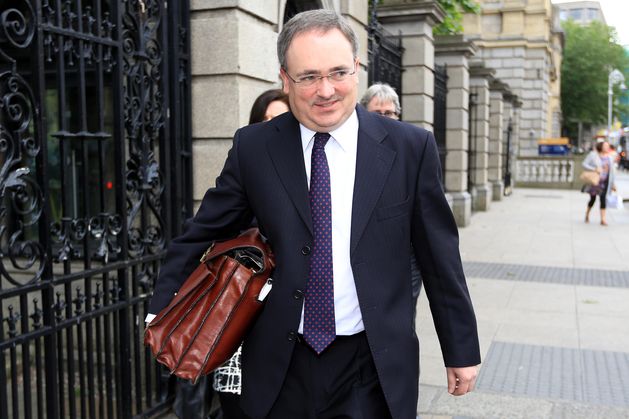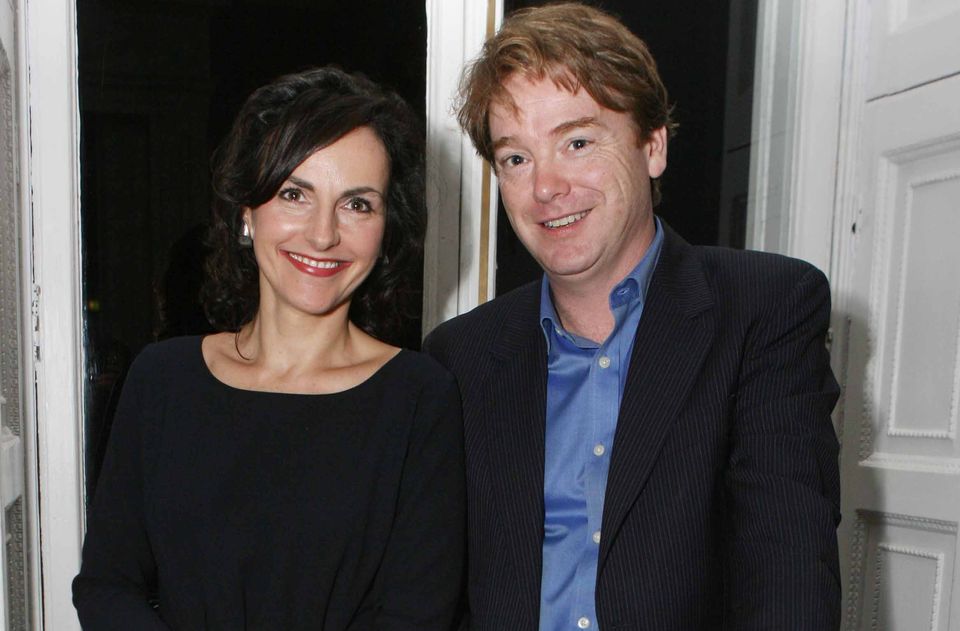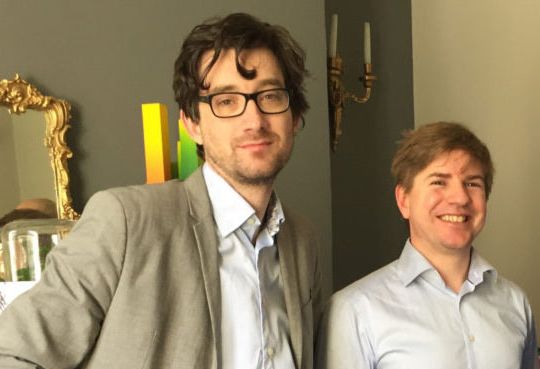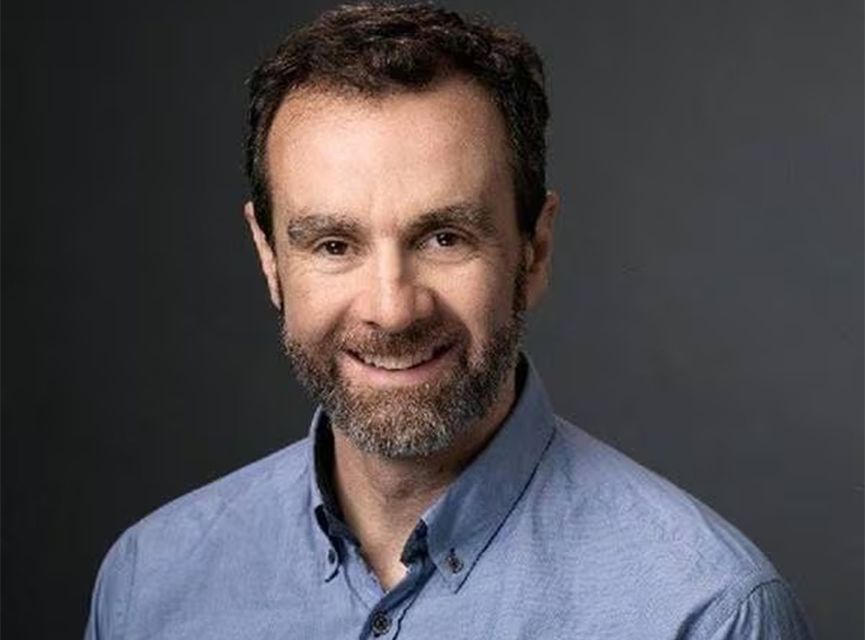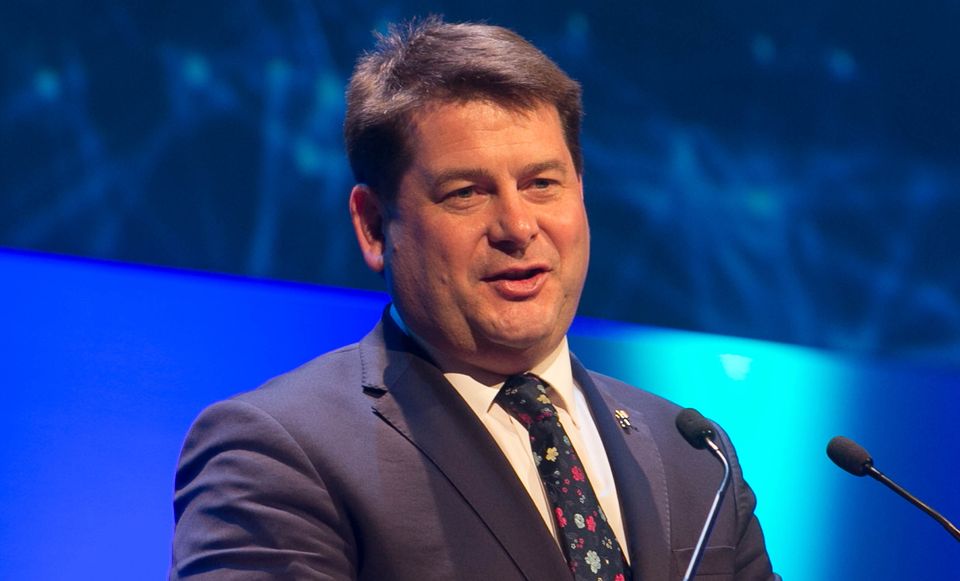Every year since he took over the State’s ‘bad bank’ in 2009, McDonagh waived his entitlement to be considered for the payment. This means he forfeited about €2.7m, if we presume Nama’s remuneration committee gave him the full whack every year.
A fat lot of good that self-sacrifice did him.
When Government sources said he would keep his €430,000 a year salary as housing tsar, there was such a public and political outcry that McDonagh had to step back from the role.
The amount of gratitude or recognition that he had forfeited millions in bonus pay over the last 16 years? Zero.
McDonagh could have taken the Michael Somers approach.
Why are public servants working in finance so lavishly remunerated?
As CEO of the National Treasury Management Agency, Nama’s parent body, Somers received €1m in remuneration in 2008, surely a record for an Irish public servant. That was made up of a salary of €565,000 and a performance-related bonus of €403,000.
Incidentally, Somers refused to disclose either his pay or that of anyone else in the agency – and it took an application by yours truly under the Freedom of Information Act, which the NTMA’s lawyers Arthur Cox appealed to the information commissioner, for the details to be released.
The current head of the NTMA, Frank O’Connor, was paid a salary of €480,000 in 2023. Other benefits brought him up to €570,000.
Why are public servants working in finance so lavishly remunerated?
McDonagh is paid a salary of €430,000 for managing an agency in wind-down with fewer than 90 staff.
A lot less onerous than solving Ireland’s housing crisis. Yet no one ever cared about his Nama pay.
Sian Smyth and David McWilliams
Stellar names for Dalkey as Michael D aims for new chart topper
If readers of the Financial Times find their newspaper a bit thin in the middle of June, it’s because half their staff have decamped to Dalkey to appear in the annual book festival.
This year’s line-up of speakers includes the pink paper’s Simon Kuper, Robert Shrimsley, Ed Luce and John Burn-Murdoch.
The organisers, David McWilliams and Sian Smyth, have again attracted some stellar names – Lionel Shriver, Steven Pinker and his wife Rebecca Goldstein, and Michael Lewis.
But if the headline events are sold out, there’s a few other intriguing contributors, including two opportunities to catch Des Traynor, the tech entrepreneur who co-founded Intercom.
Communications consultant James Morrissey will be talking about Garech Browne and the establishment of Claddagh Records, and how he revived the label by signing a global deal with Universal Music.
Morrissey tells me he will also be revealing the names of “some new acts” Claddagh has signed, which include President Michael D Higgins – whose spoken-word album of poetry is to be released in the autumn.
Ian Kehoe and Tom Lyons
The Currency rolls over loan. No pressure then
Having a nose through the latest accounts of Currency Media Ltd, the company behind the online business newspaper, we notice it has returned its fourth year of annual profits, and has an extremely healthy cash balance, with over €2.16m in the bank.
Founded by financial journalists Tom Lyons and Ian Kehoe, it has about 7,000 subscribers – up by almost 1,000 in the last year – and is eyeing further expansion in London as well as Dublin.
Interestingly, we note that The Currency, which began publishing in 2019, has rolled over a loan of €375,000 which has an interest rate of 8pc.
This was an advance from “friends and family”, which include Michael McDowell, the putative future president, who declared his loan to the company when he had to file a register of interests as a senator.
“There’s no payback date for the loan,” Lyons told us. “We’re not under any pressure to do so.”
Property developer Simon Kelly
Press Up empire was built on debt, says Kelly
The developer and venture capitalist Simon Kelly has provided a pithy analysis of the unravelling of the Press Up group – once Dublin’s biggest hospitality empire.
Kelly speaks from hard experience of course, since he and his father Paddy were among the high-profile casualties of the property market crash in 2008, which he outlined in the book Breakfast with Anglo.
Press Up was founded just after the crash by Paddy McKillen Jr and Matt Ryan. By the end, the business seems to have been poorly structured and planned, Kelly says in a post on LinkedIn. The “bad” venues among the 25 or so pubs, restaurants and hotels it owned seemed to have pulled down the “good” ones.
It will probably be broken up now, but this should never have been a “group” in the first place, he reckons.
“The entire company was built on debt, with no permanent equity. The lenders seem to have extended and extended credit, in the hope of a solution. This just grows the deficit in the end!” he points out.
He concludes that a slow correction in Dublin property continues to play out, although nobody is talking about it. “All I see is the opportunity to pick up great assets at great prices.”
Dara Murphy
Former FGers find their fortunes improve
From Leo Varadkar to Simon Coveney to Brendan Griffin, several Fine Gael TDs from the last Dáil are dipping their toes into corporate waters.
Maybe they are inspired by erstwhile party colleague Dara Murphy.
The former lord mayor of Cork resigned as a TD in 2019, after a prolonged controversy about his non-appearances in the Dáil. The then opposition leader Micheál Martin described him as an “absentee TD” after Murphy didn’t speak for almost two years.
After he left Leinster House, the former minister for European affairs landed a gig as vice president of Rasmussen Global, a political consultancy with offices in Brussels and Copenhagen.
He also set up his own consultancy firm, Epecon, to lobby on EU affairs. It can “deliver advice and analysis for those seeking to navigate this complex and interwoven regulatory landscape”, according to regulatory filings.
Epecon got off to a sluggish start. There were two years of losses, but in the 12 months to June 2022 it turned a corner and made of profit of almost €62,000.
According to accounts just filed, Epecon made a profit of €96,783 in the year ending June 30 last. Its current assets are €435,729, up from €300,088 the previous year.
Is there life after politics for former Fine Gael TDs? There is, and a potentially lucrative one too.
Ronan Power steps into the light
The board of the Irish Solar Energy Association has generously provided us with this week’s Man Whose Name Suits His Job.
It has announced that chief executive Conall Bolger will be stepping down at the end of May, and in his place they have appointed… Ronan Power.
#Business #waiving #2.7m #bonuses #Brendan #McDonagh #realise #eaten #bread #forgotten

